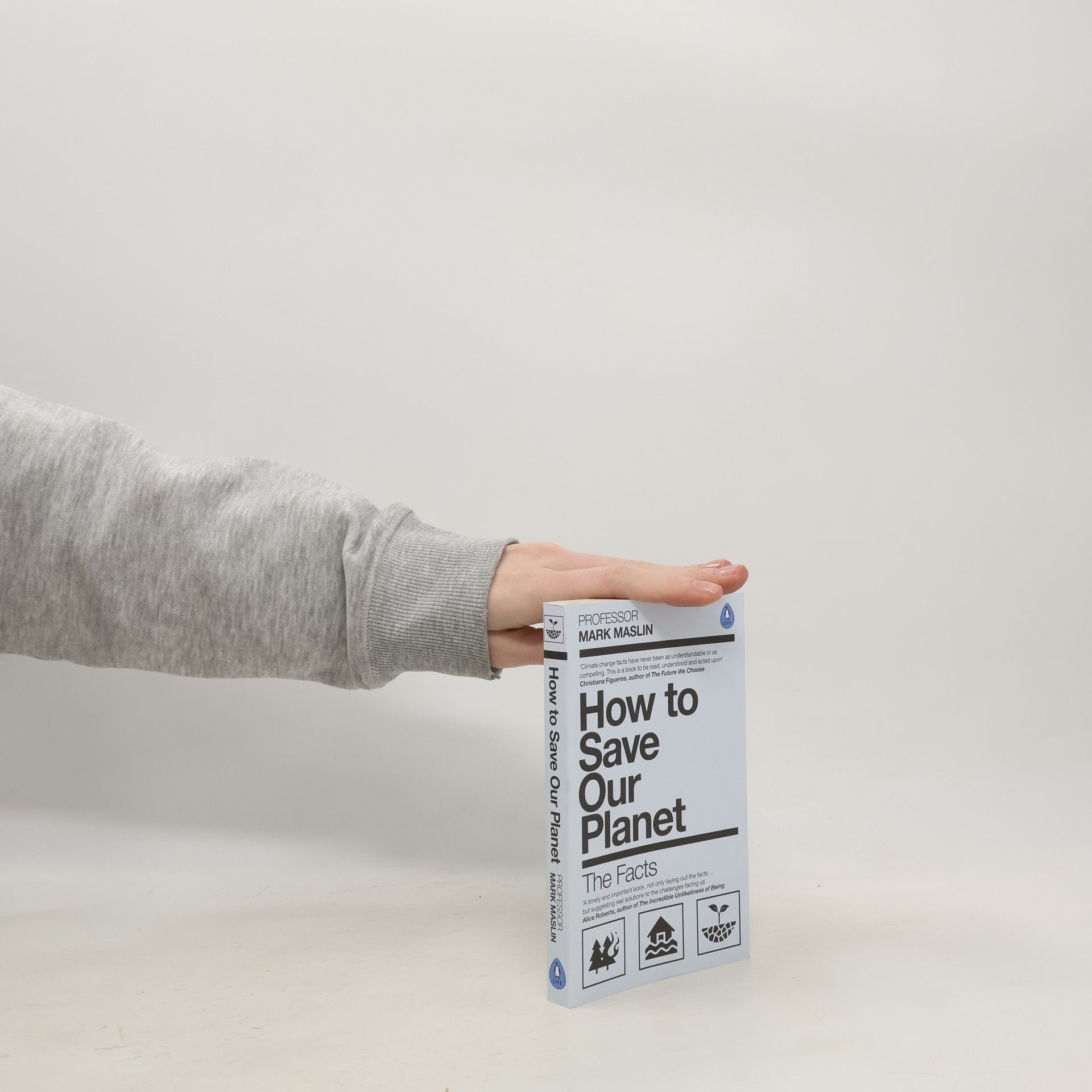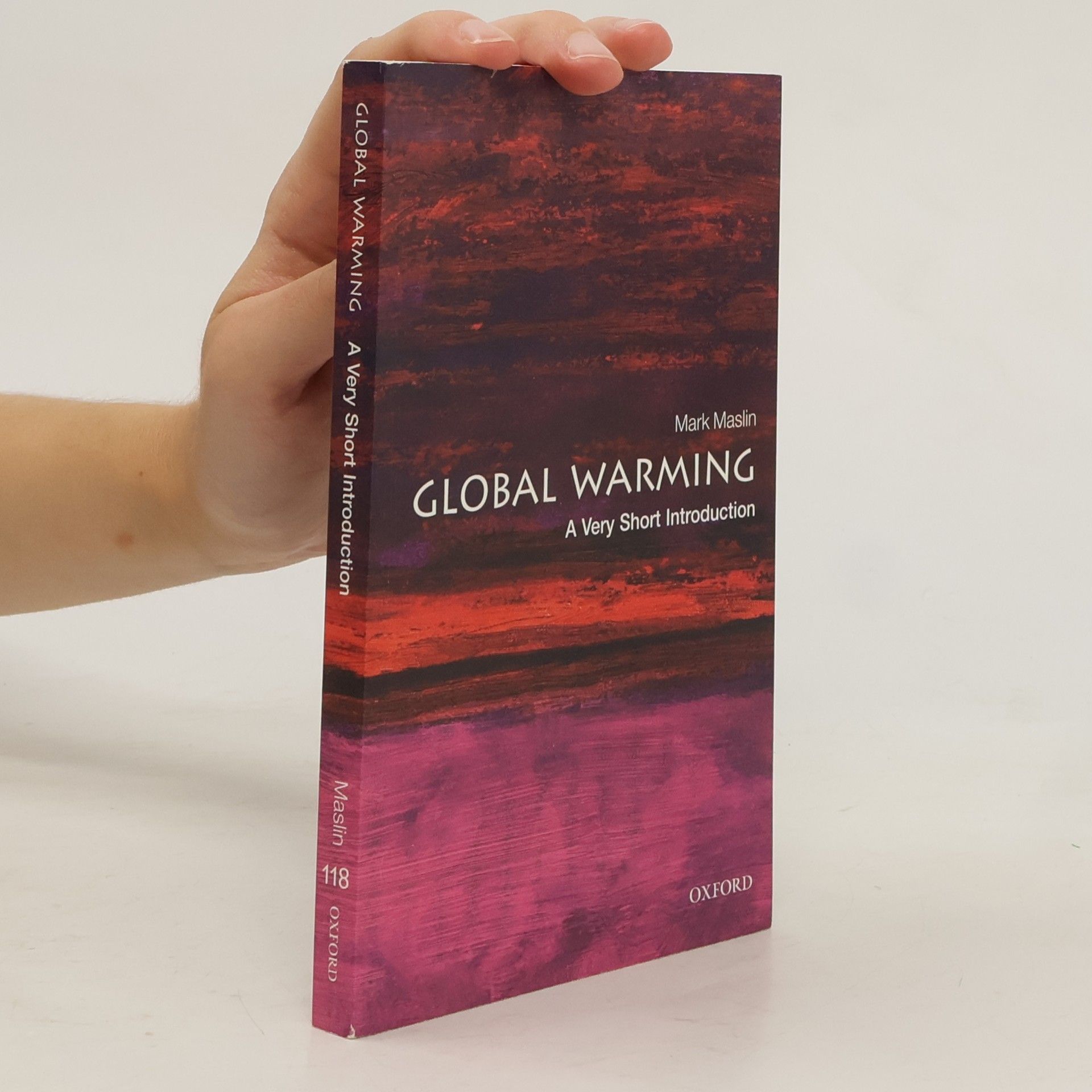Global warming : a very short introduction
- 192pages
- 7 heures de lecture
Global warming is arguably the most critical and controversial issue facing the world in the twenty-first century. Fully updated for 2008, this Very Short Introduction provides a concise and accessible explanation of the key topics in the climate change debate - from the political controversies to the many proposed solutions.


